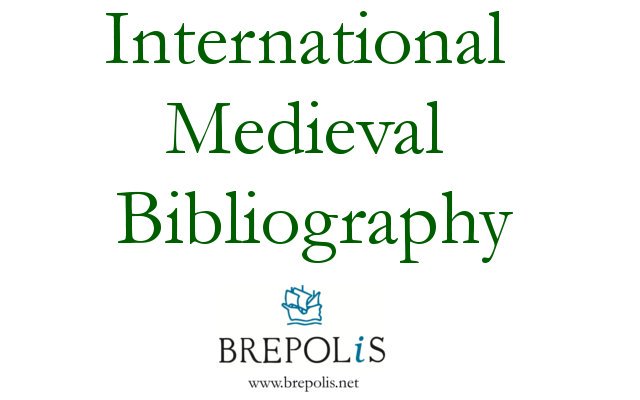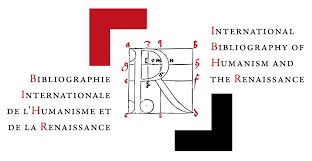“The Russian Boyan” or “the Roguish Exploiter of Moscow Patriotism”: D. A. Agrenev-Slavyansky and His “Slavic Chapel” in the Assessments of Contemporaries. Part 1
DOI:
https://doi.org/10.31168/2073-5731.2025.1-2.21Keywords:
Dmitry Agrenev-Slavyansky, O. Kh. Agreneva-Slavyanskaia, Russian Empire, Russian choir, songs’ folklore, narodnost’, history of Russian ethnologyAbstract
Dmitry A. Agrenev (pseud. Agrenev-Slavyansky, 1834 or 1836‒1908) was the founder of the “Slavic Chapel”, one of the most popular choral teams in the Russian Empire in the last third of the 19th – early 20th cent. A radical discrepancy in contemporaries’ assessments was stated in Russian historiography on the history of choirs performing Russian and Slavic folk songs and in research about the formation of the Russian stage. The personality of Slavyansky, his repertoire policy, his role in the popularization of the Russian song were perceived as ambivalent. On the one hand, he was called the “Russian Boyan” and was praised for popularizing Russian culture in the Russian Empire and abroad. On the other hand, he was reproached for falsifying folklore works, representing “the new songs” (Roma and factory workers’ songs, romances of modern poets) as traditional folklore in the pursuit of profit. Music critics and composers (including outstanding ones, such as P. I. Tchaikovsky and S. I. Taneyev) expressed doubts about the authenticity of the folklore sources he collected and the accuracy of their musical processing for concert performance. The first part of the article analyzes the main features of Slavyansky’s innovative concept that led to the success and popularity of his choir, as well as the main arguments of supporters and admirers of his work.
Received: 27.07.2024.
Revised: 17.09.2024.
Accepted: 18.03.2025.
Citation
Leskinen M. V. “The Russian Boyan” or “the Roguish Exploiter of Moscow Patriotism”: D. A. Agrenev-Slavyansky and His “Slavic Chapel” in the Assessments of Contemporaries. Part 1 // Slavic Almanac. 2025. No 1–2. P. 413–442 (in Russian). DOI: 10.31168/2073-5731.2025.1-2.21






